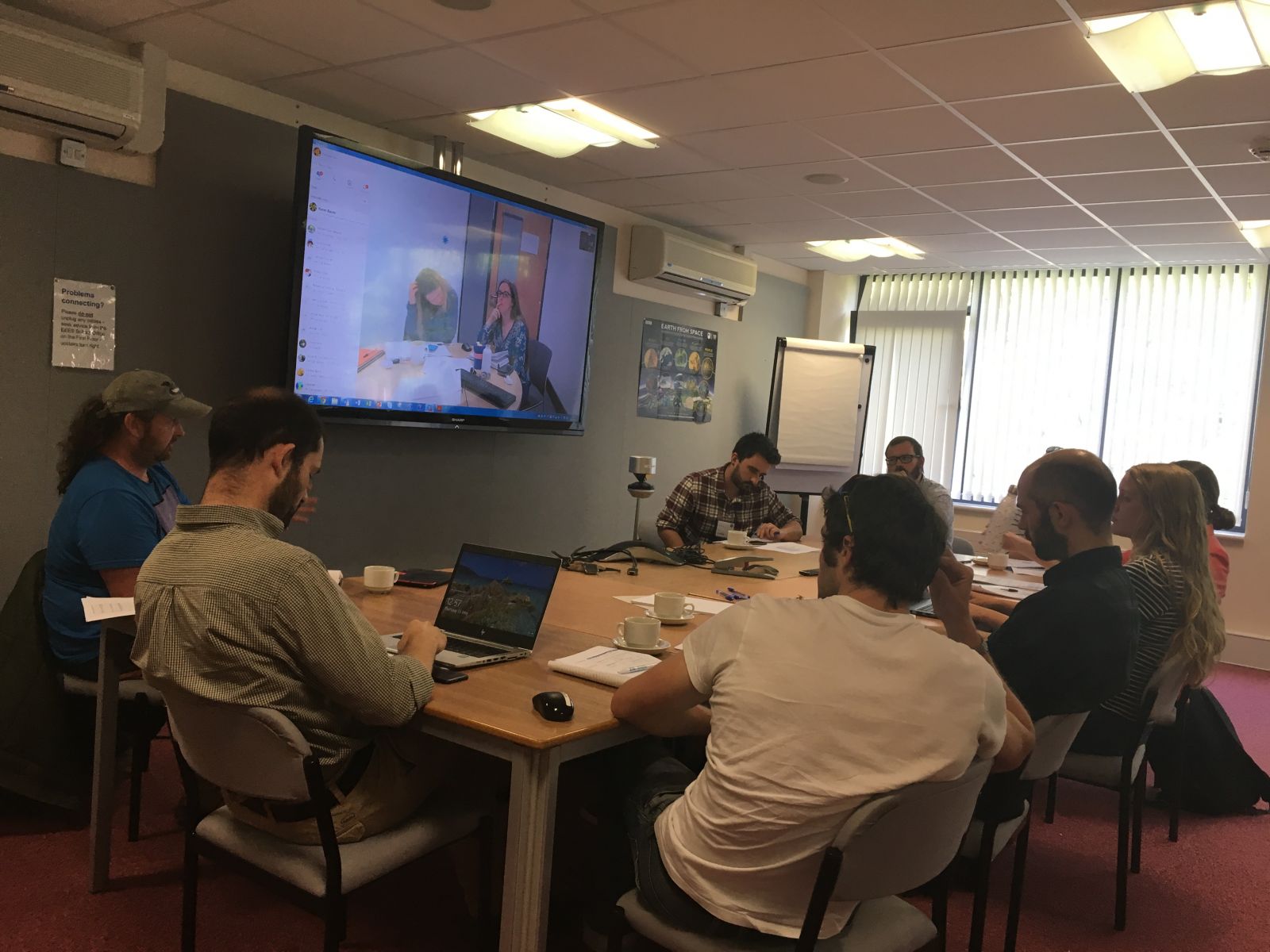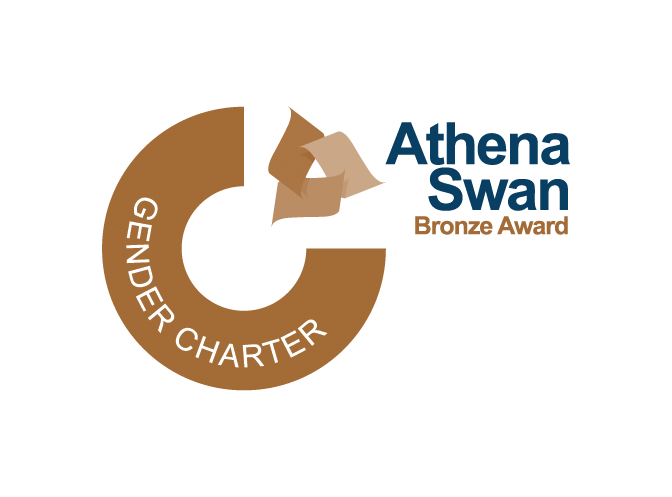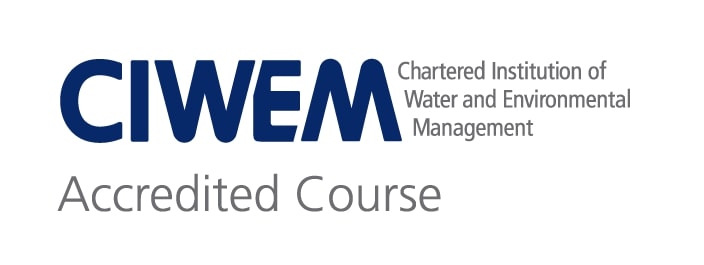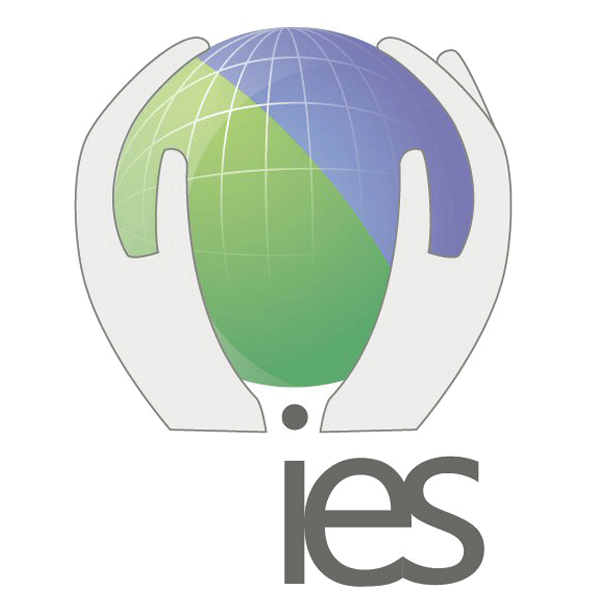Ecologists publish a ‘roadmap’ of the future of teaching and learning
In an initiative supported by EEES and the British Ecological Society, the first horizon scan of teaching and learning in ecology has been conducted.
The outcomes of this work have been accepted for publication in Oikos.
In May 2019, 30 ecology teachers (ranging from PhD students to senior academics from across the UK) met to identify challenges to teaching ecology and propose solutions.
Led by Dr Julia Cooke (EEES) and Prof Zenobia Lewis (University of Liverpool), the team used a horizon scanning approach. Horizon scans use expert opinion to forecast upcoming challenges so that they can be mitigated, and/or opportunities for solutions can be identified.
The team surveyed the ecological community. Using this information, they compiled and ranked challenges likely to face future teachers and learners in ecology.
In the resulting paper, the team outline 10 potential solutions. These include: the development of ‘living labs’; teaching students to be ecological entrepreneurs and influencers; better embedding skills-based learning and coding in the curriculum; and using new technology to enhance fieldwork studies.
Digitally-mediated fieldwork solutions included greater use of: virtual reality; artificial intelligence; and real-time spoken language translation.
While horizon scans are by definition future-focused, the COVID-19 pandemic has meant some of the proposed solutions, especially those associated with online learning and virtual field trips, are gaining momentum earlier than anticipated.
Contributors to the workshop, and co-authors from EEES on the publication include, Dr Miranda Dyson, Dr Phil Wheeler, Dr Yoseph Araya and Dr Kadmiel Maseyk.
News
Celebrating our new Professor of Ocean Biogeochemistry, Pallavi Anand
We are celebrating another new professor in EEES, following the promotion of Dr Pallavi Anand to Professor of Ocean Biogeochemistry.
Celebrating our new Professor of Planetary Mineralogy, Susanne Schwenzer
We are celebrating a new Professor in EEES. Dr Susanne Schwenzer has recently been promoted to Professor of Planetary Mineralogy.



